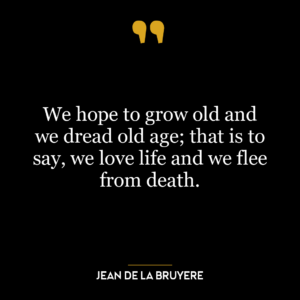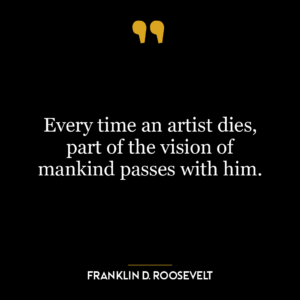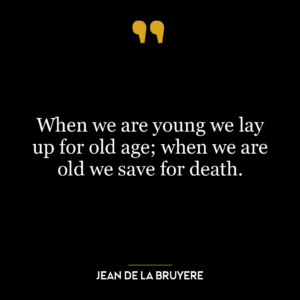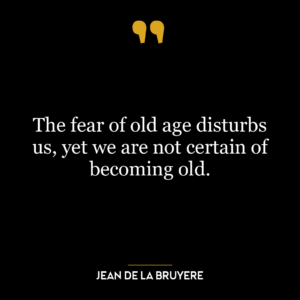This quote is a profound reflection on society’s fear of aging, suggesting that the most prevalent fear is not necessarily the physical or mental decline that comes with age, but rather the financial insecurity that could potentially accompany it. It underscores the deep-seated anxiety many people have about not having enough resources or funds to maintain a comfortable lifestyle in their later years.
The fear of poverty in old age is a reflection of a society where financial stability is closely tied to one’s ability to work and earn. As people age, their capacity to maintain the same level of productivity and income can decrease. This, coupled with the rising costs of healthcare and living expenses, can lead to the fear of falling into poverty.
In today’s world, this idea is more relevant than ever. With the increasing lifespan due to advancements in healthcare, people are living longer and therefore require more resources to sustain a comfortable lifestyle in their old age. However, the current economic climate, characterized by job insecurity, rising costs of living, and inadequate pensions, has exacerbated people’s fears of financial instability in their later years.
From a personal development perspective, this quote can serve as a reminder of the importance of financial planning and saving for the future. It encourages individuals to take proactive steps to secure their financial future, such as investing wisely, diversifying income streams, and planning for retirement early. This not only alleviates the fear of poverty in old age but also empowers individuals to take control of their financial wellbeing.
Moreover, it also calls for a societal shift in the way we perceive and value old age. Instead of associating old age with decline and dependency, we should recognize and appreciate the wisdom, experience, and potential contributions of older adults. This can be achieved through policies that promote age inclusivity, social programs that support the elderly, and a culture that respects and values aging.












